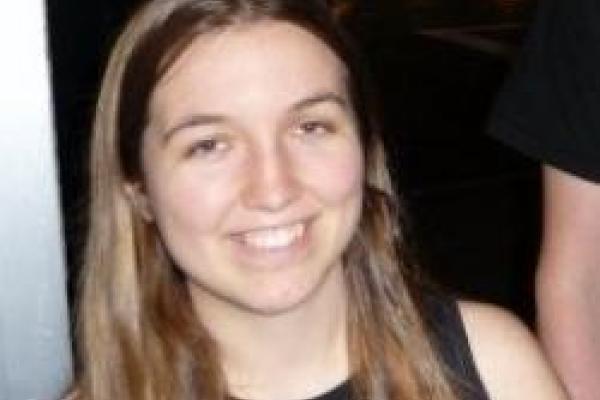
From astronomical observations, we know that dark matter exists, makes up 23% of the mass budget of the Universe, clusters strongly to form the load-bearing frame of structure for galaxy formation, and hardly interacts with ordinary matter except gravitationally. However, this information is not enough to identify the particle specie(s) that make up dark matter. As such, the problem of determining the identity of dark matter has largely shifted to the fields of astroparticle and particle physics. In this talk, I will review the current status of the astroparticle/particle-physics search for the nature of dark matter. Given the absence of detections in those experiments, I will advocate a return of the problem of dark-matter identification to astronomy, and show what kinds of theoretical and observational work might be used to pin down the nature of dark matter once and for all.
